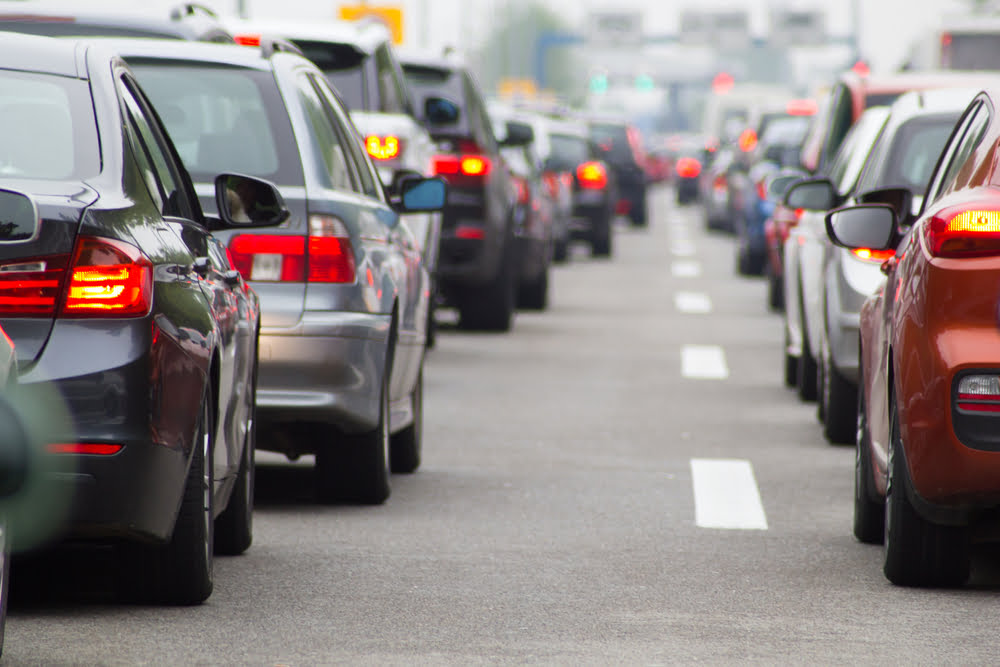Expected motor vehicle tax revenue almost 7 percent higher.
Motor vehicle tax, a crucial source of income for the national government and the provinces, is expected to increase significantly in 2024. According to recent figures from Statistics Netherlands (CBS), a combined receipt of more than 6,8 billion euros is expected, an increase of almost 7 percent compared to the previous year. This increase, approximately 422 million euros more than in 2023, marks a significant moment in the financing of infrastructure and mobility within the Netherlands.
The increase in motor vehicle tax can be attributed to an overall increase in the road tax rate, excluding surcharges, of approximately 10 percent. The surcharge, an extra provincial levy on motor vehicle tax, is being increased by almost all provinces, with the exception of Groningen and Drenthe. This policy underlines provincial autonomy in setting tax rates, which have a direct impact on the local population and their mobility costs.
North Holland stands out with the largest increase in the surcharge rate from 67,9 percent to 77,4 percent, although despite this increase it still has the lowest rate of all provinces. South Holland is at the other end of the spectrum with the highest rate of 98,7 percent. These differences highlight the regional variations in tax burden on car owners.
Tax measures aimed at sustainable mobility, such as the (partial) exemption for partially or fully electric vehicles, play an important role in the financing of road taxes. Although these measures are designed to promote green initiatives, they have a dampening effect on the total expected revenue from motor vehicle tax.

In addition to vintage cars of forty years or older, fully electric vehicles without direct CO2 emissions are also exempt from motor vehicle tax. This is a temporary measure by the central government that applies until 2024.
Residents of South Holland and Gelderland are hit hardest by the tax increases. In 2024 they will pay for a petrol car weighing 1.200 kilograms and 716 euros respectively, a significant increase compared to the previous year. In contrast, residents of North Holland enjoy relatively lower rates, which still makes the province an attractive place for car owners despite the increase.
The increase in motor vehicle tax in 2024 raises questions about the balance between the need for governments to generate revenue for public services and infrastructure and the tax burden on individual citizens. While the provinces expect to collect almost 1,9 billion euros, an increase of 4,2 percent compared to 2023, the debate about the fairness and sustainability of these taxes continues.




